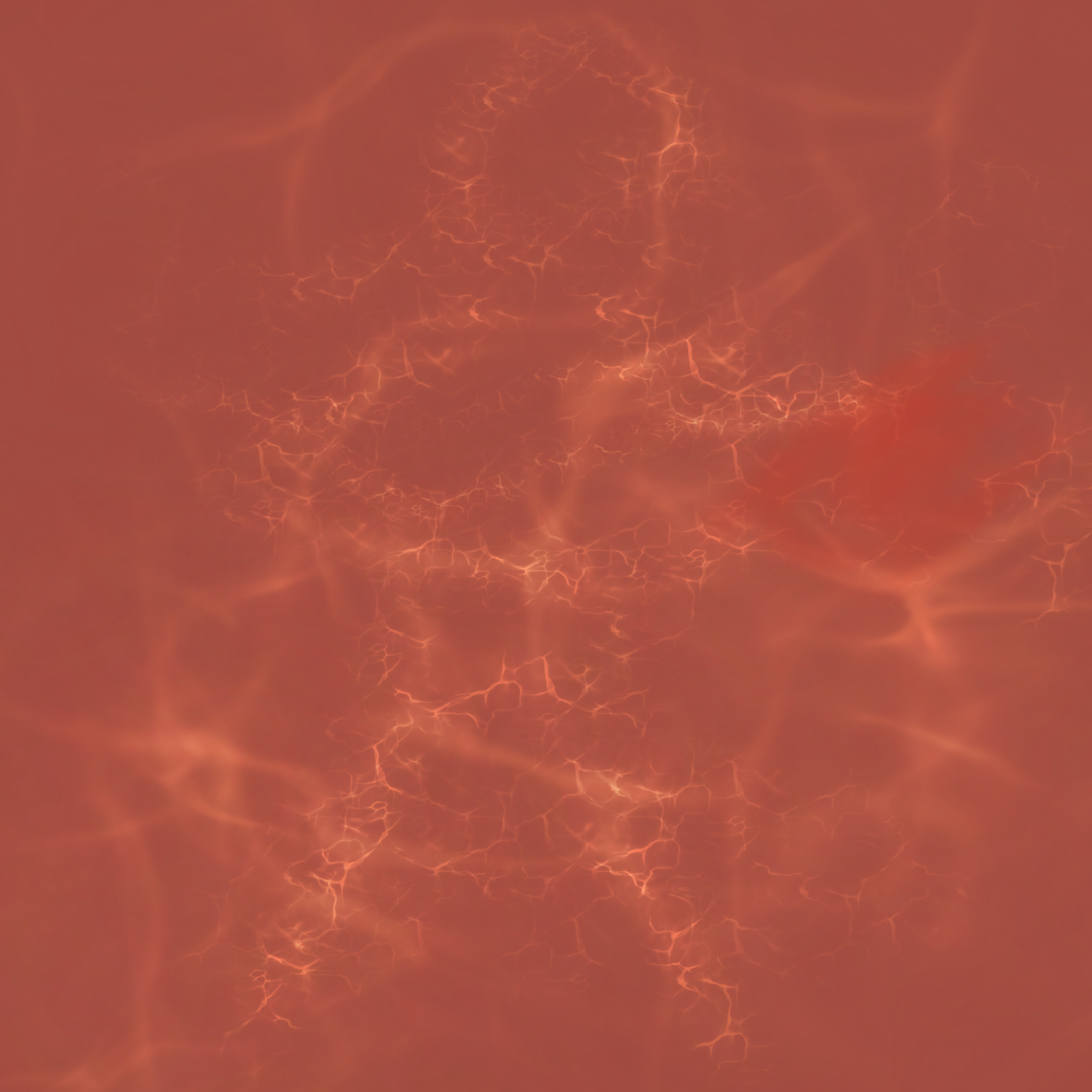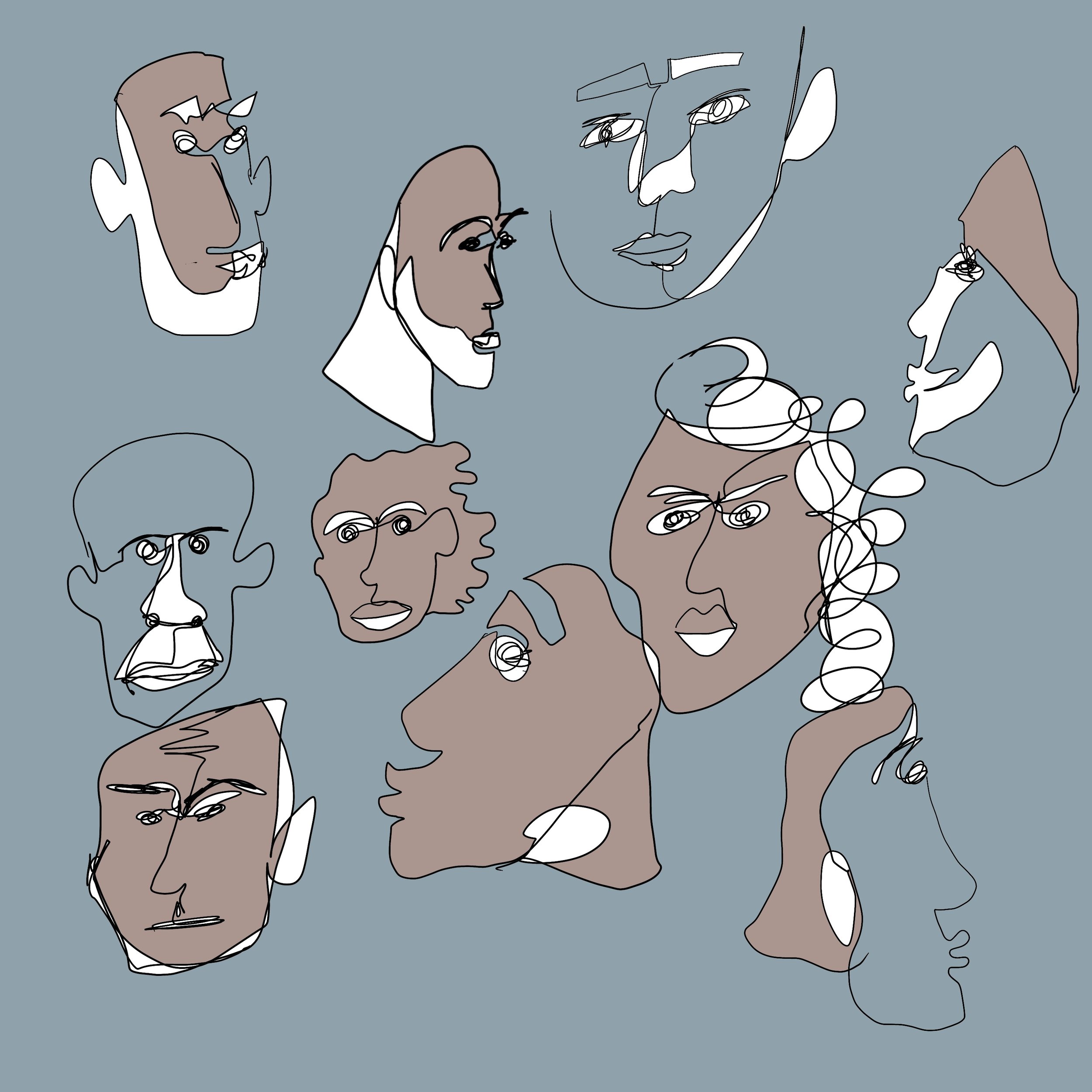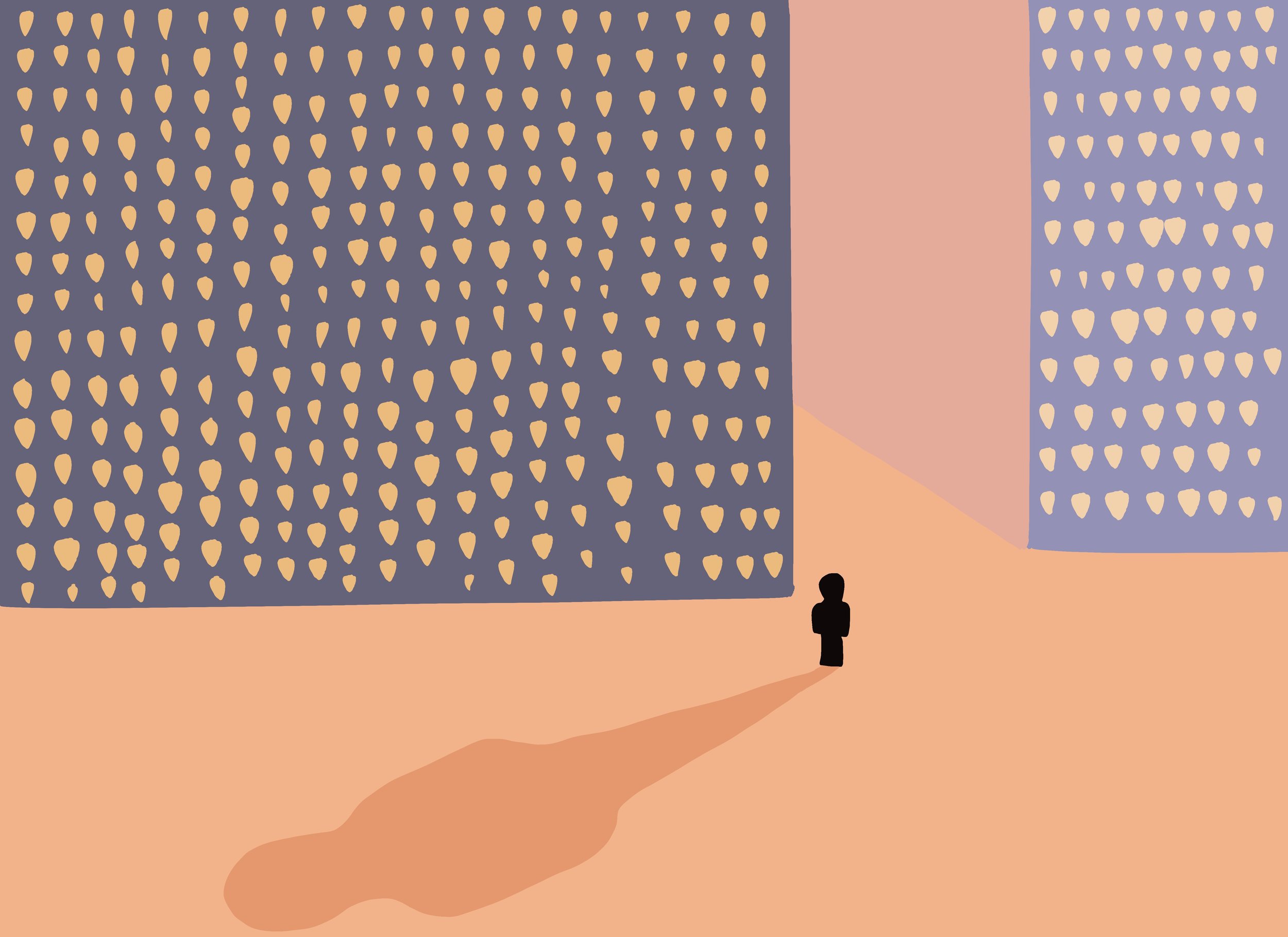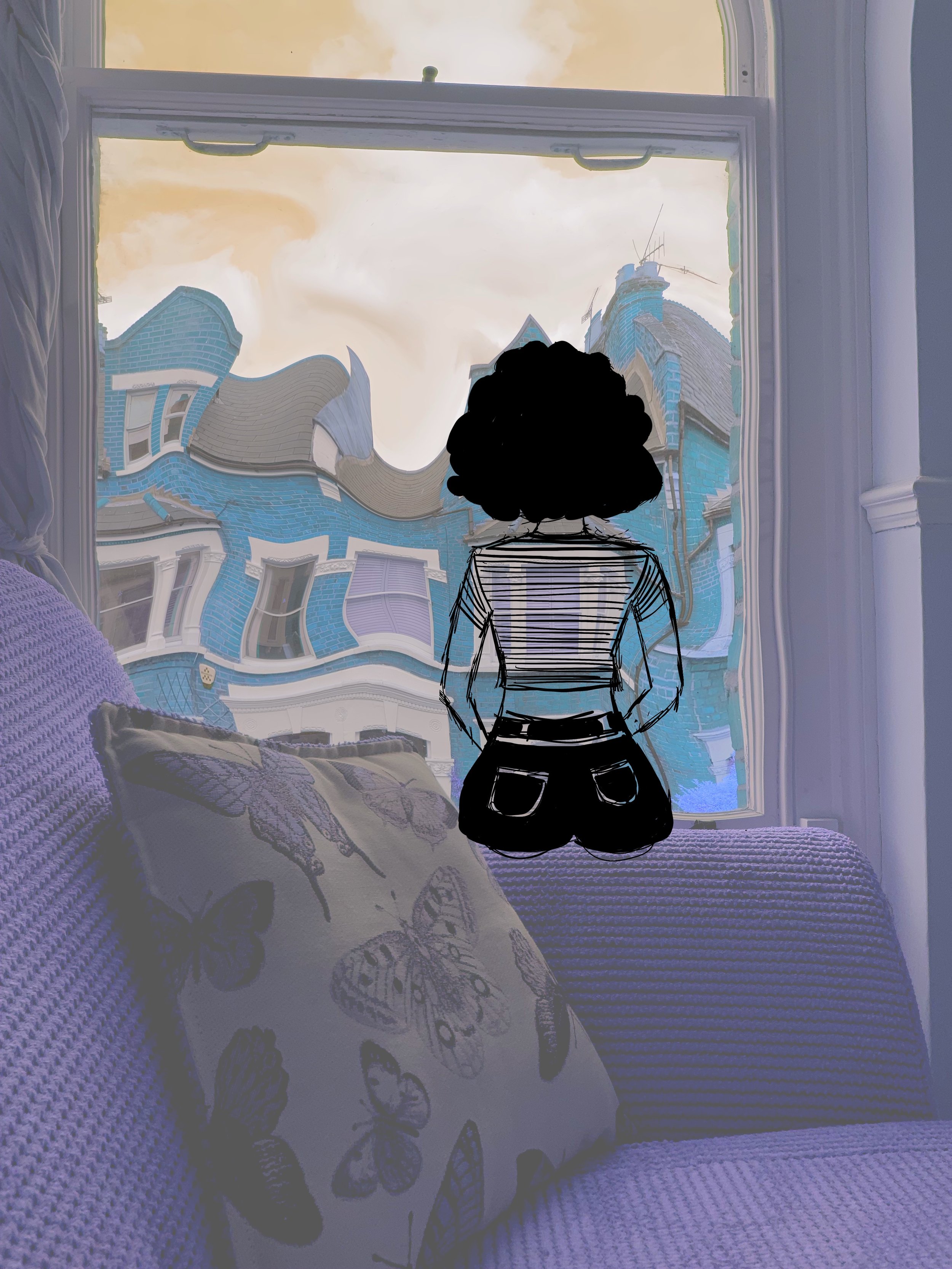the body, mouvement & dance, ritual, liminality, language, mental health

Moving through life: an exploration of Londoners who practice tai chi and qigong
In this Master’s thesis, I explore Londoners’ experiences with Chinese health practices such as tai chi and qigong. Specifically, I ask how learning and practicing tai chi and qigong changes people’s conceptions of health and help them cope with difficulties.
Theoretically, I place my work within Scheper-Hughes and Lock’s three-body framework (1987), as well as Farnell’s theory of dynamic embodiement (2012).

What role should psychiatry play in diagnosing and treating ADHD?
In this essay, I draw on anthropology’s claim that all medical systems are cultural systems to argue that psychiatric power over human behaviour should be carefully monitored. The case of ADHD is particularly embedded within the creation of psychiatric drugs and leads us to question the role psychiatry should play in defining this ‘disorder’. The term has now gained social meaning as people reclaim it to describe their realities. How then are we to accurately problematise ADHD? I advocate for the framing of ADHD as enviornmentally-constructed, yet recognise the helpfulness of treatments psychiatry can offer struggling adults.

Why positive thinking won’t end loneliness.
Since 2018, the UK government has put in place a Ministry for Loneliness. Although this is a step in the right direction, I argue here that the Ministry’s choice in framing loneliness through the lens of psychology is counter-productive and put forward more relevant anthropological insights on this issue.

The Lockdown Body: how the world fell apart and how we built it back up
In this piece, I choose to discuss the COVID-19 pandemic through the lens of ‘lockdown bodies’. I argue that bodies are central to people’s conceptions of the world, their selves and time. By physically removing bodies from the world, lockdown regulations have disrupted these conceptions and triggered existential angst. It was only through the invention of new ‘bodily rituals’ that people were able to resolve this dissonance and build the world back up.

Chronic pain: why we need a paradigm shift
In this undergraduate thesis, I explore the limitations of the biomedical system in diagnosing and treating chronic pain conditions - specifically fibromyalgia. Taking a multidisciplinary approach, I combine physiological and neurological understandings of chronic pain (as of 2019) with a medical anthropological approach which centres patients’ lived experience and highlights the importance of the patient-practitioner relationship. In the last chapter, I explore complementary alternative medicines that chronic pain patients most often turn to, and how they differ from standard biomedical treatments. It is in those differences that the limitations of our current health system seem the most problematic: how do we re-integrate meaning into our healthcare systems? How do we re-humanise medicine? How can we take a more holistic approach to healthcare? How do non-biological factors contribute to chronic pain?
All artworks are made by me.